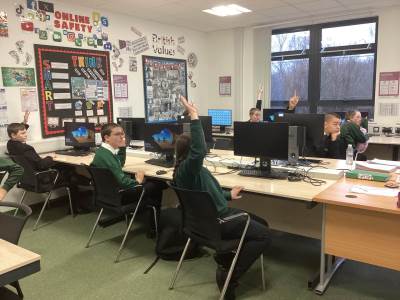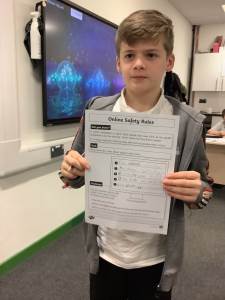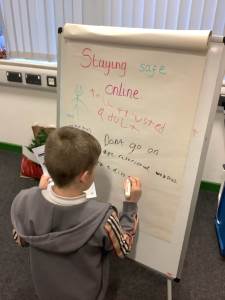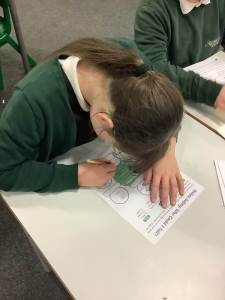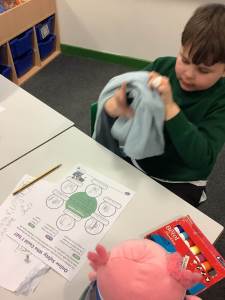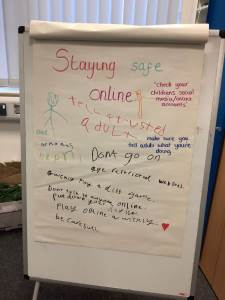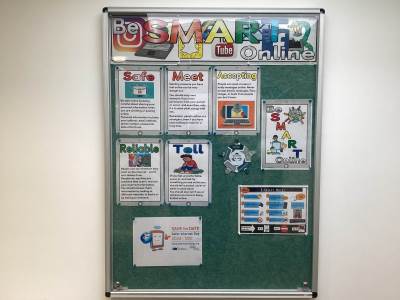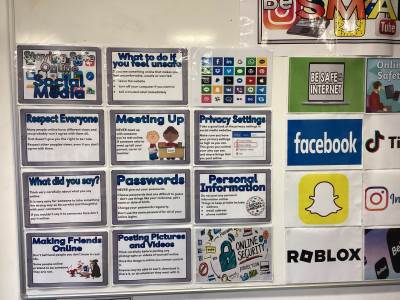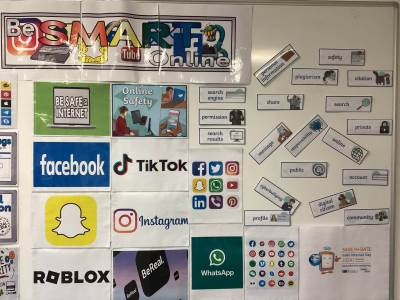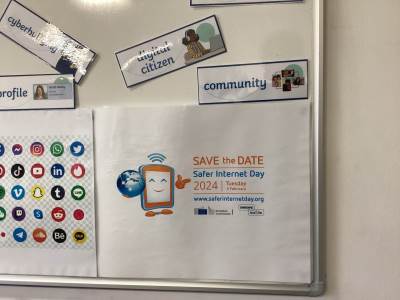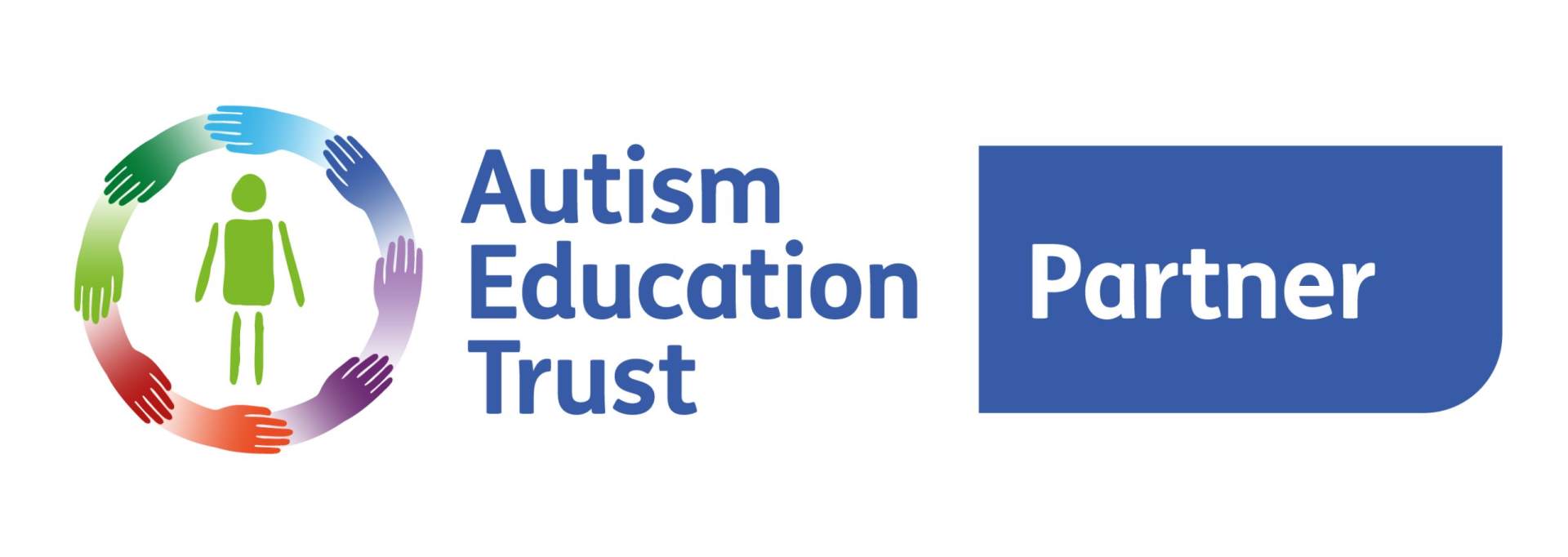Primary Computing
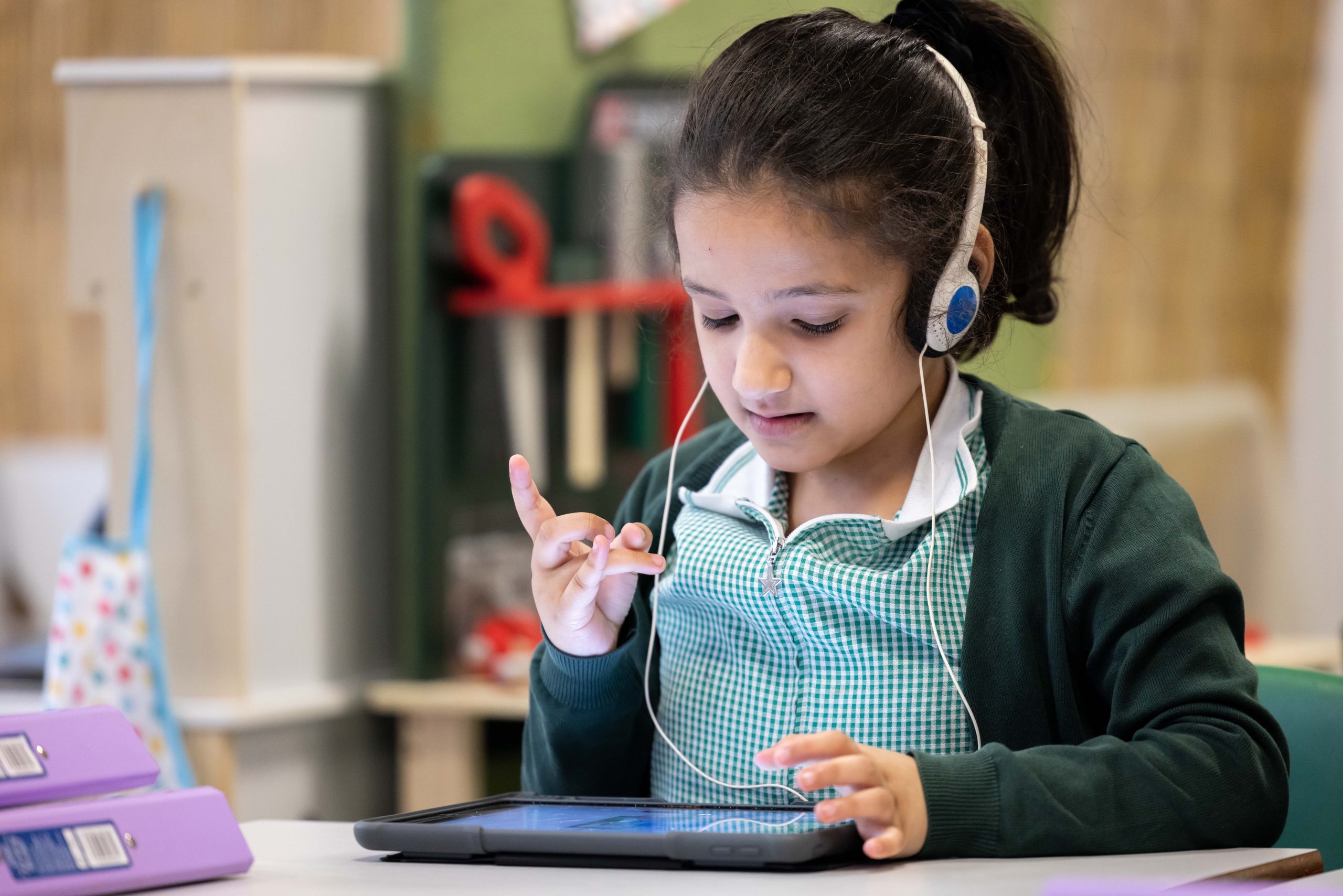
Whether you want to uncover the secrets of the universe, or you want to pursue a career in the 21st century, basic computer programming is an essential skill to learn.
- Stephen Hawking (Theoretical Physicist, Cosmologist, and Author)
At Hollinwood Academy, our computing curriculum aims to provide a balanced and engaging approach to teaching computational thinking, ICT, and computer science. Our curriculum is designed to appeal to all children and young people, ensuring that they develop a deep understanding of the subject.
Our curriculum is designed to challenge and stretch our children and young people, encouraging them to reach their full learning potential while addressing their individual learning, social, emotional needs, and interests. We strive to instil a sense of enjoyment and appreciation for technology, inspiring our children and young people to utilise its capabilities creatively for communication, management, organization, and collaboration purposes.
In doing so, we equip our children and young people at Hollinwood Academy with the skills and knowledge they need to navigate the digital world confidently and make the most of the opportunities it presents.
Computing Lessons at Hollinwood Academy
At Hollinwood Academy, our goal is to ensure that all children and young people succeed and achieve in computing. We strive to teach this subject in the most creative ways possible, utilising the power of iPads and computing software.
Through a combination of innovative teaching tools and the use of everyday examples, we are determined to help our learners accomplish their goals. We firmly believe in the potential of every children and young people and work tirelessly to raise their confidence at every stage of their learning journey.
As an Apple Distinguished school, we have been recognized for our commitment to incorporating technology into our curriculum. iPads play a significant role in our computing lessons, providing our children and young people with hands-on learning experiences and expanding their digital skills.
By embracing creativity and the use of cutting-edge technology, we create a stimulating environment where children and young people can develop their computing skills to the fullest. Our aim is to equip them with the knowledge and abilities they need to thrive in an increasingly digital world.
At Hollinwood Academy, we are dedicated to nurturing a passion for computing, fostering independent thinking, and preparing our learners for future challenges. Through our tailored and engaging approach, we aim to inspire and empower all children and young people to reach their full potential in this exciting field.
Schemes of Work
Hollinwood Academy utilises the Kapow computing schemes of work to effectively deliver and plan the primary computing curriculum. Our aim is to encourage a sense of enjoyment in using technology and to develop our children and young peoples’ appreciation of its capabilities and the opportunities it offers in terms of creating, managing, organising, and collaborating.
The ethos of the scheme encourages children and young peoples to 'tinker' with software and programs, fostering their confidence when encountering new technology. This is a vital skill in the ever evolving and changing landscape of technology.
Our computing scheme of work enables children and young people to meet the end-of-key-stage attainment targets outlined in the National Curriculum, aligning with its aims. When combined with Kapow's PSHRE scheme, our computing scheme of work also fulfils all the objectives of the DfE's Education for a Connected World framework. This additional guidance helps equip children and young people for life in the digital world, promoting their understanding of appropriate online behaviour, copyright issues, discerning consumption of online information, and the healthy use of technology.
The computing scheme of work at Hollinwood Academy covers five key areas, which are revisited in each year group, allowing for a clear progression of prior and future learning. These areas are:
- Computing systems and networks
- Programming
- Creating media
- Data handling
- Online safety
The scheme has been designed as a spiral curriculum, allowing flexibility in the order in which the units are taught. This enables teachers to adapt the planning to suit their individual needs and make use of cross-curricular links that may be available.
At Hollinwood Academy, we consider online safety a priority and dedicate yearly teaching to this topic. Children and young people have the opportunity to gain the yearly SMART award, ensuring they develop a comprehensive understanding of online safety practices.
This comprehensive computing scheme of work provides children and young people with a solid foundation in digital skills and prepares them for the advancements they will encounter throughout their educational journey and beyond.
To learn more about the Kapow Scheme of Work and its implementation in our school, please visit: https://www.kapowprimary.com/
Communication Computing Curriculum
The communication computing curriculum is an immersive and integrated approach to the use of technology. It aims to equip children and young people with the necessary skills to effectively communicate using diverse technological tools.
Within this curriculum, children and young people are exposed to various apps such as TD Snap, which aids their communication both within the school environment and in the wider community. These apps prove to be valuable resources that support and enhance their communication abilities.
Furthermore, staff members implement technology to facilitate engagement and foster effective learning experiences. By utilising technology, teachers can create interactive and dynamic lessons that cater to the diverse learning styles and preferences of the children and young people.
Curriculum Adaptations and Pedagogy
The curriculum adaptations and pedagogy at Hollinwood Academy is centered around meeting the unique needs and abilities of every learner, ensuring equal opportunities for academic, personal, and social development. The primary goals include:
1. Inclusivity: Adapt the curriculum to ensure that all learners have access to quality education, regardless of their individual needs.
2. Adaptive Teaching: Provide personalised learning experiences that cater to the diverse abilities, interests, and learning styles of the children and young people.
3. Progression: Foster a holistic and sequential approach to learning, allowing children and young people to build on their prior knowledge, skills, and understanding from their identified starting points.
4. Empowerment: Develop independent learners who are equipped with the skills, resilience, and self-confidence required to succeed academically and, in their future lives.
Curriculum Adaptations and Pedagogy
Assessment
The impact of the computing scheme can be constantly monitored through both formative and summative assessment opportunities. Each lesson includes guidance to support teachers in assessing children and young people against the learning objectives, and each unit provides a unit quiz and knowledge catcher which can be used at the start and/or end of the unit.
For children and young people who are working below the National Curriculum standards, we employ pre-key stage standards to assess their performance. Additionally, children and young people who are working even below pre-key stage standards are assessed using the Engagement model of learning, which considers their individual learning needs.
To provide individualised support, each child and young person has bespoke and personalised computing progress targets which we closely track. We believe in fostering a strong partnership with parents; hence, we share these targets with them on a termly basis via Arbor, our digital communication platform.
By adopting this rigorous and tailored approach to computing assessments, we strive to ensure that all our children and young people in formal develop a solid foundation in computing and achieve their full potential.
Technology & Websites
We firmly believe in the power of technology to enhance learning, and we have made it an integral part of our computing curriculum at Hollinwood Academy. As an Apple Distinguished School, we actively embrace the use of iPads and other technological tools at the primary stage to ensure that all children and young people can engage actively with their learning.
By utilising these resources, we aim to break down barriers and foster a dynamic and inclusive learning environment. Through interactive apps, collaborative projects, and personalised learning experiences, our children and young people are empowered to explore, create, and communicate in ways that best suit their individual needs and learning styles.
At Hollinwood Academy, we are dedicated to equipping our students with the necessary digital skills and knowledge to thrive in today's ever-evolving technological landscape. With our focus on the use of technology, we provide our children and young people with opportunities to develop critical thinking, problem-solving, and digital literacy skills that are essential for their future success.
By merging traditional teaching approaches with innovative technological advancements, we strive to create a stimulating and future-ready learning environment that prepares our students for the challenges and opportunities of the 21st century.
Wider Curriculum & Celebrations
E-Safety Week Spring 2024





